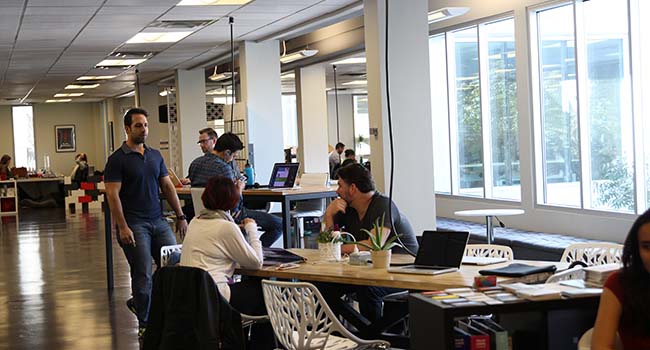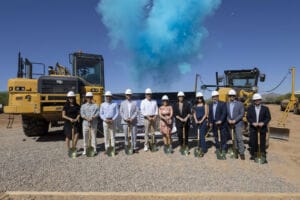Coworking will emerge from the coronavirus crisis as a stronger, consolidated segment of the commercial real estate industry, according to an expert who spoke during a NAIOP-organized webinar on the topic yesterday.
NAIOP is the Commercial Real Estate Development Association. (Formerly known as the National Association of Industrial and Office Properties, that name is no longer accurate).
“Commercial real estate professionals and the media have been waiting for an economic downturn to test the coworking business model for years,” said Michael Kloppenburg, Senior Consultant, Flexible Office Solutions, with Avison Young. “I am bullish on the underlying demand for flexible office space regardless of the results of the COVID-19 crisis.”
Kloppenburg cited several underlying factors:
• Companies’ long-term capital intensive commitments will continue to be slow, leaving flexible and coworking arrangements attractive in both the short and long terms
• Traditional leasing projects are similarly on hold if not canceled
• Remote work has proven possible, if not successful for productivity, leading companies to rethink their workplace strategies
• More companies will adopt the hub and spoke business model
Kloppenburg also said the current crisis will drive a consolidation of the thousands of current operators of co-working space. And, the spaces themselves will look different as operators address flow, space plans, and social distancing-driven measures.
“As industry consolidation begins and aggressive operator growth slows, we believe the market demand for coworking and flexible space will ultimately increase, which will shift the supply and demand dynamic in favor of the surviving operators, Kloppenburg said. “COVID-19 is not the death of coworking or flexible office.”




